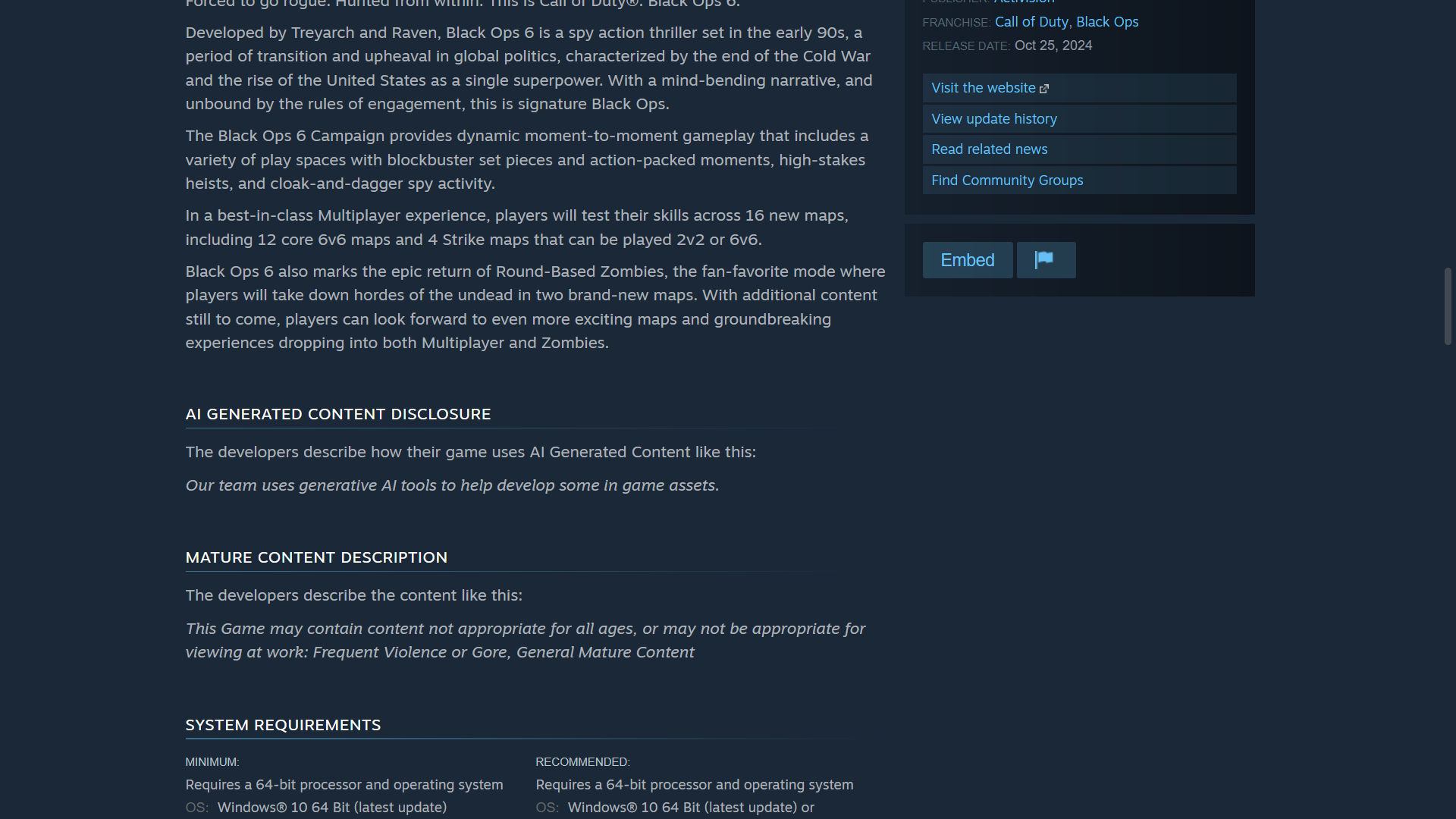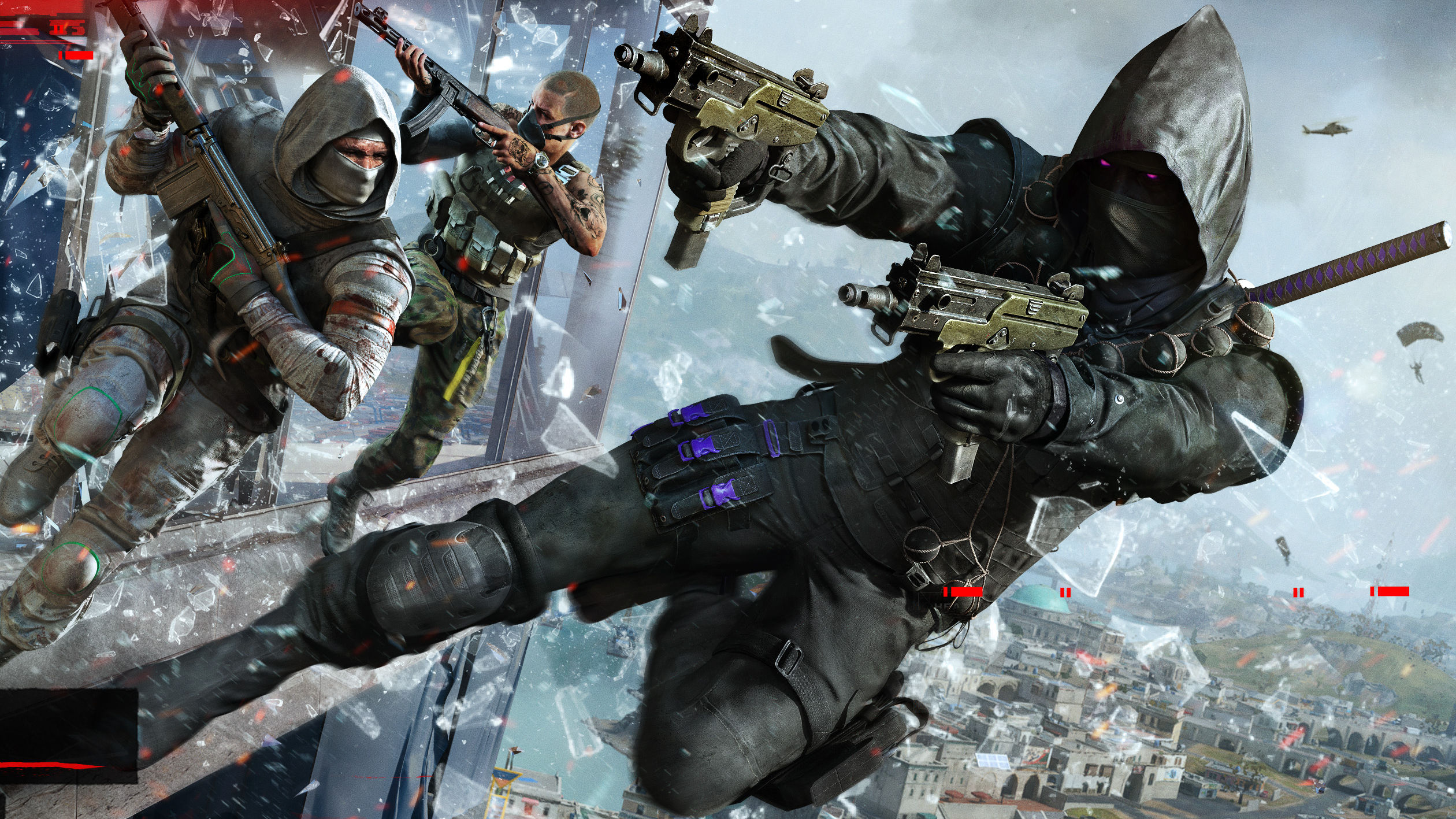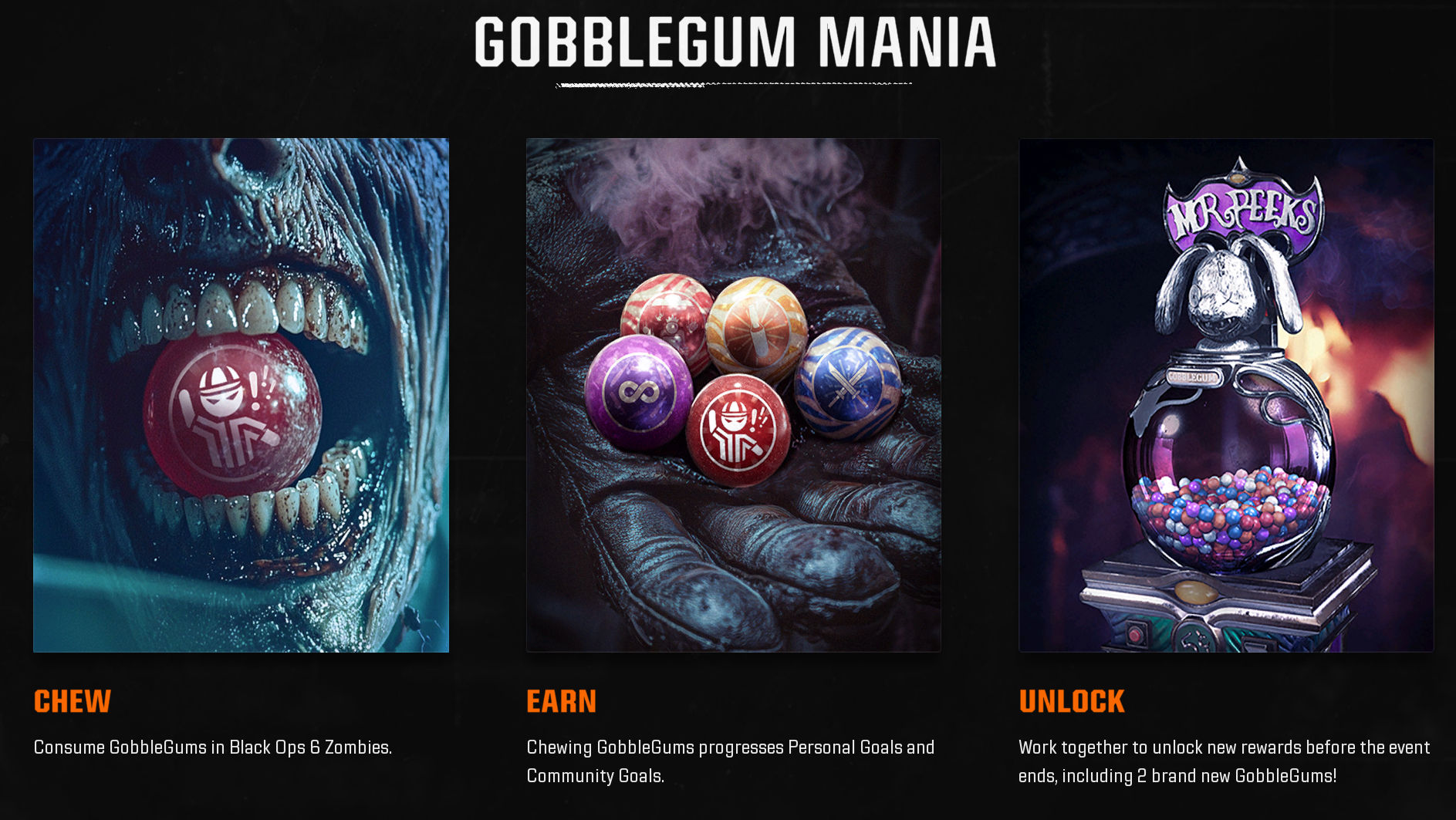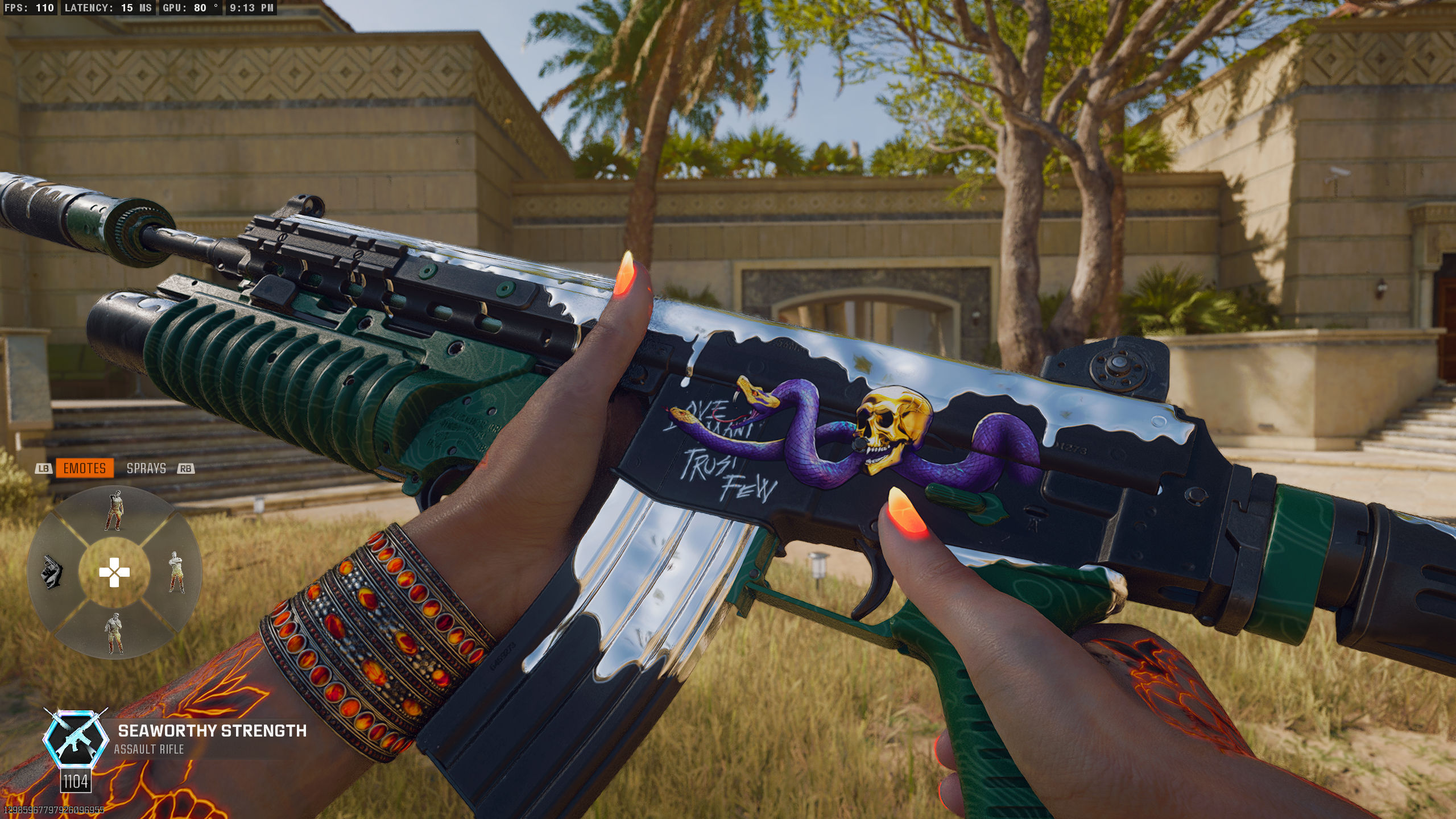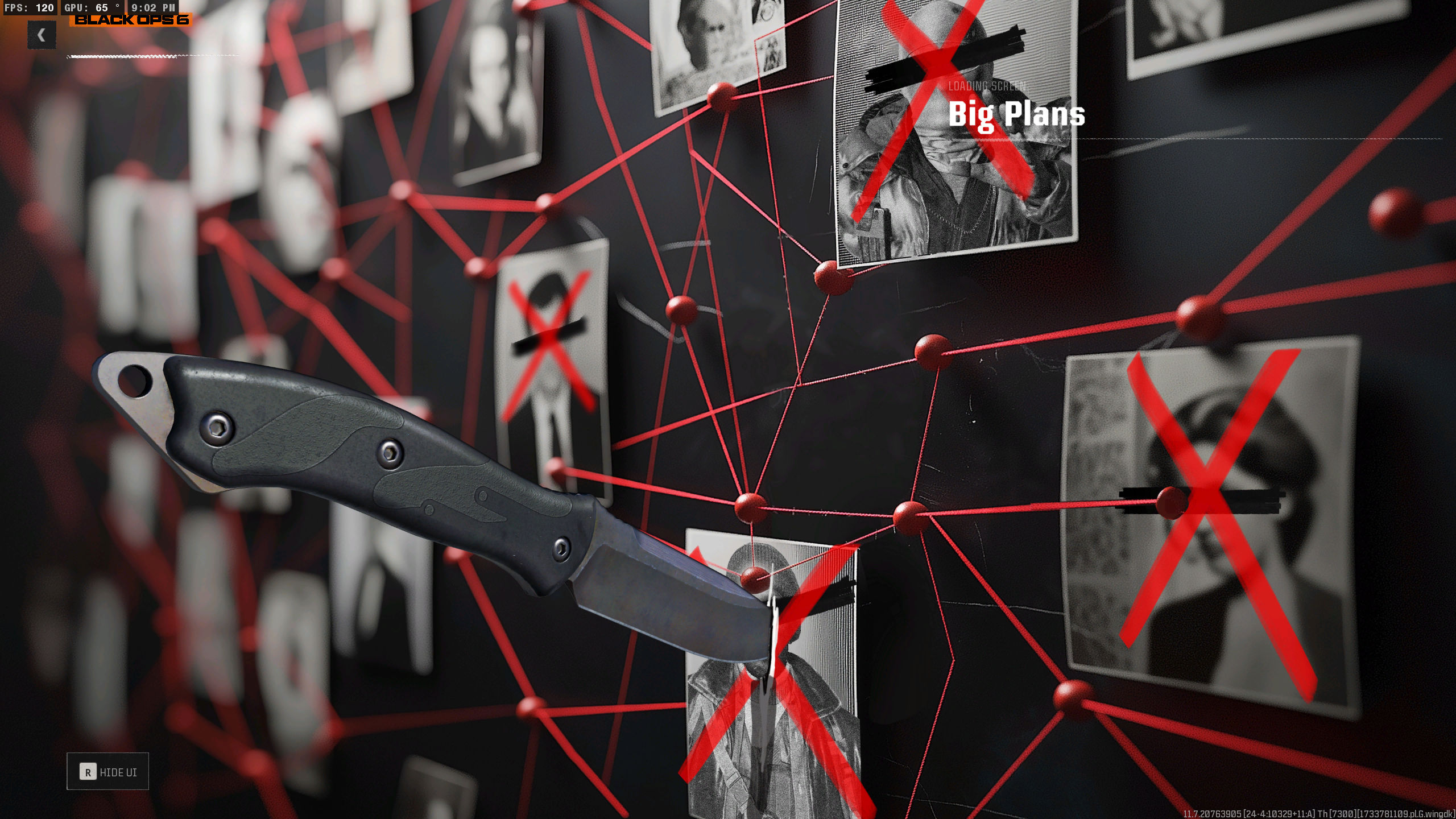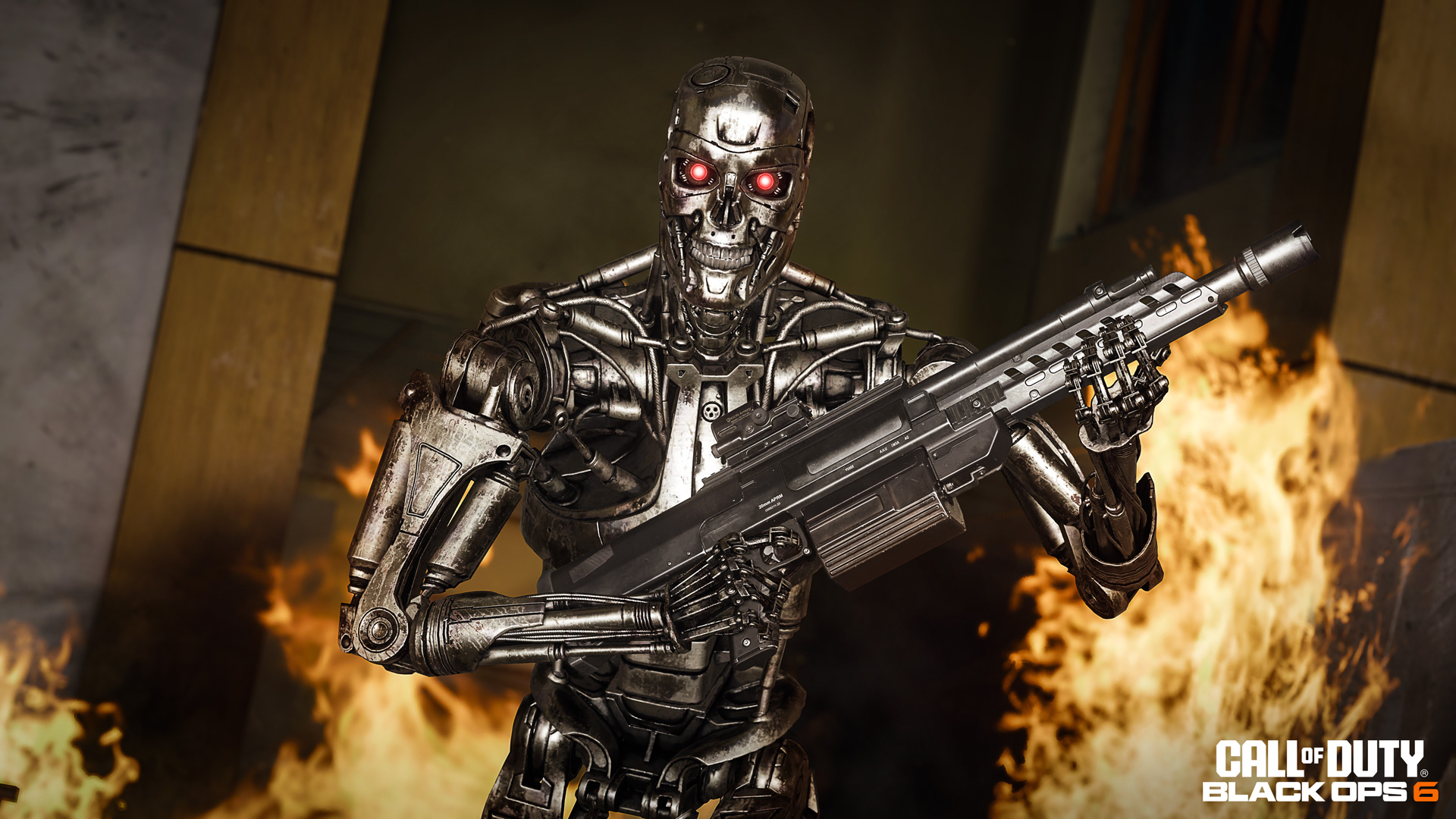Activision and the development team behind Call of Duty have confirmed what many have speculated on for months: Call of Duty: Black Ops 6 and Warzone contain AI-generated content.
During Black Ops 6’s Season 1 “Merry Mayhem” event, players spotted a loading screen that featured a zombie Santa with six fingers—a hallmark characteristic of AI-generated content. With a little digging, more in-game cosmetics including loading screens, weapon decals, and player cards that were handed out as rewards and purchased as part of bundles found in the game store were likely AI-generated, as well.
At the time, Activision remained silent on the potential use of generative AI in Call of Duty, even as player backlash grew louder. Users on Reddit went so far as to express frustration at being fed “AI Slop” in a full-price AAA title that is rampant with battle passes, event passes, and microtransactions for cosmetics.
AI-generated content wasn’t just showing up in-game as rewards. Social media posts for the holidays from Infinity Ward and Treyarch were both marred with generative AI. Similarly, job postings from Activision have shown the publisher and its studios were on the hunt for talent with generative AI skills. With the launch of Modern Warfare 3 in 2023, Activision publicly announced a partnership with Modulate, an AI-powered chat moderation tool. The publisher also confirmed that AI chat moderation has been in use in Black Ops 6 since its launch.
Call of Duty is available on Xbox, PlayStation, and PC via Battle.net, the Microsoft Store, and Steam. New policies allowing AI-generated content on Steam were passed down in January. The new policies are a clear policy reversal to Steam’s original ban on AI-generated content in games.
Despite Steam’s decision to allow AI-generated games along with a policy disclaimer, Activision’s use of generative AI content could pose additional issues for the publisher. Call of Duty is a massive franchise, raking in billions of dollars in premium game sales and microtransactions annually. However, the United States Copyright Office has issued a policy report as of January 2025 that declares AI-generated content—even when used to assist human creativity—can not be protected under copyright.
The copyright protection policy does not affect the use of generative AI to create works in progress. Activision could effectively use generative AI to create potential in-game cosmetics that would then need to be recreated or finished by a human to be covered under copyright. However, raw-generated AI imagery used in-game for loading screens and weapon stickers may not be eligible for those protections if they are not retouched or repainted by a human creator. Prompts used to generate AI images and text are also not protected by copyright.
Despite player backlash against Activision’s use of generative AI, there’s likely to be little chance that the publisher will step back from the tools. Activision is under the Microsoft umbrella, and Microsoft continues to invest heavily in AI technology. Xbox has recently unveiled a new generative AI tool named Muse which it claims will aide in game preservation. However, developers and gamers alike have decried the technology. For now, it seems those cries continue to fall on deaf ears as major tech corporations continue to promote AI as the future of gaming.


